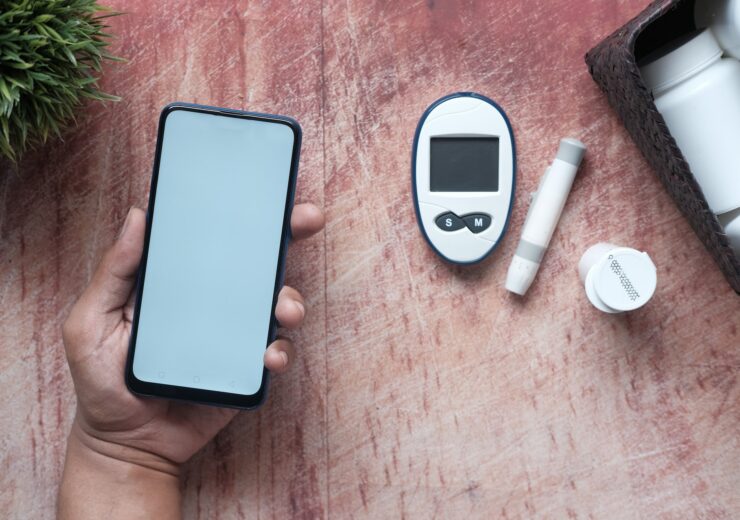AspyreRx is a prescription-only digital therapeutic treatment intended to offer cognitive behavioural therapy to T2D adults through smartphones

FDA grants marketing authorisation to Better Therapeutics’ AspyreRx. (Credit: Towfiqu barbhuiya on Unsplash)
Better Therapeutics has received authorisation from the US Food and Drug Administration (FDA) for AspyreRx (formerly BT-001) to treat patients aged 18 years or more with type 2 diabetes (T2D).
AspyreRx is a prescription-only digital therapeutic (PDT) treatment intended to offer cognitive behavioural therapy (CBT) to T2D adults through smartphones.
The therapy was assessed via FDA’s De Novo pathway and its clearance makes a new class of diabetes digital behavioural therapeutic devices, said Better Therapeutics.
Better Therapeutics CEO Frank Karbe said: “This regulatory milestone signals a promising future where technology, psychology, and medicine converge to address for the first time the behavioural causes of disease for the 37 million patients living with T2D in the US.
“This De Novo authorisation also provides a foundation for potential future growth opportunities. Given cardiometabolic diseases share common underlying factors that contribute to their development and progression, we intend to expand our PDT platform to multiple related conditions in the future.”
Better Therapeutics is expecting to commercially launch AspyreRx in Q4 2023.
The FDA granted marketing authorisation based on clinically meaningful safety and efficacy data from a randomised controlled trial of 668 individuals.
In the trial, the primary and secondary endpoints were achieved, by delivering statistically significant decreases in haemoglobin A1C (HbA1c) levels against a control group administered with standard of care and a control app.
The results showed that AspyreRx has the potential to provide significant, long-lasting reductions in blood sugar for a broad range of T2D patients since they were sustained and improved between day 90 and day 180 of the trial.
In addition, one out of two people achieved a mean HbA1c reduction of 1.3% post 180 days of use.
The findings also showed a clear dose response between greater engagement in cognitive behavioural therapy and greater reductions in HbA1c. This supports cognitive behavioural therapy as a mechanism of action to produce positive clinical outcomes.
Furthermore, Better Therapeutics said that the patient engagement and adherence were excellent with 94% of the subjects using the intervention at day 90 and 81% still engaged at day 180.
